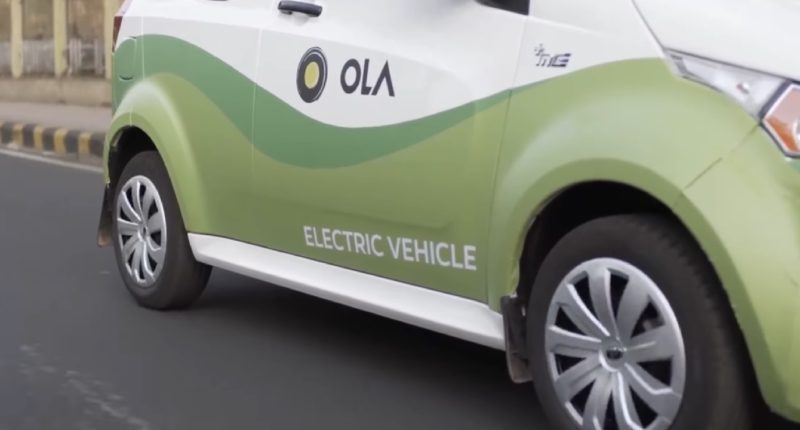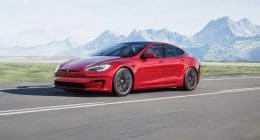With the rapid push for the electrification of vehicles, the onus is on private players such as Ola and Uber to pick up the pace and ensure that the majority of vehicles on the roads are electric vehicles. In this vein, Uber recently inked a deal – touted to be one of the largest deals in the green mobility space – with Tata Motors, wherein the automobile manufacturer would supply the ride-hailing giant with 25000 XPRES-T electric sedans for its fleet.
India’s Ola Electric Mobility Pvt. has not fallen behind either, and now, it intends to build what it claims to be the largest electric vehicle hub in the world with a multi-million-dollar investment. The leading electric two-wheeler maker signed a Memorandum of Understanding (MoU) with the Government of Tamil Nadu to invest a total of ₹76.1 billion ($920 million) to set up an EV hub and localize the supply chain for cleaner – and greener – transport.
Under the MoU, the new EV hub will be in charge of expanding Ola Electric’s manufacturing capabilities across 2Ws, 4Ws, and cells, as well as manufacturing two-wheelers, cars, housing vendors, and supplier parks, as per an official statement by the company. Spanning 2000 acres (809 hectares), the hub will commence the mass production of its cells later this year.
“This MoU with Ola Electric is a giant step towards making Tamil Nadu the EV manufacturing hub of India. We welcome Ola Electric to Tamil Nadu and look forward to their contribution to the state’s industrial growth,” Tamil Nadu Chief Minister M.K. Stalin said in a tweet, expressing his enthusiasm for the initiative. The EV hub is expected to generate employment for up to 3,111 people and will have an initial production capacity of 2 million electric scooters per year. Ola aims to increase its production to 10 million units per year by 2025, and in the second phase, will focus on the production of electric cars, battery storage solutions, and building local supply chains for new materials and components.
“Our Hon’ble Prime Minister has envisioned the next 25 years as Amrit Kaal in India. I firmly believe that this is our decade and we have a great opportunity to build our future. We are on the right track to becoming a global hub for EVs. At Ola, our aim is to localize all critical elements of the EV value chain. Ola’s EV Hub would bring the entire EV ecosystem under one roof making us a much stronger vertically integrated mobility company across 2Ws, 4Ws, and cells,” Bhavish Aggarwal, founder and CEO of Ola, commented on the matter.
The development comes as a huge boost to India’s – and Ola’s – ambitious plans to transition towards electric mobility and reduce its carbon footprint. The localization of the supply chain will make EVs more affordable, which will – in turn – entice a greater number of customers to buy them. Furthermore, it might help Ola work out the chinks in its products and ensure that future EVs do not catch fire (which occurred last year).
It is expected that the positive impact of this development will be felt for years to come, and enable the Centre and Ola to reach their goals of having a greater number of EVs on Indian roads in the near future. The public sector has been accommodating in this regard – apart from Ola, Reliance Industries and Rajesh Exports will receive incentives under a $2.3 billion government program to support the development of an advanced battery cell.





